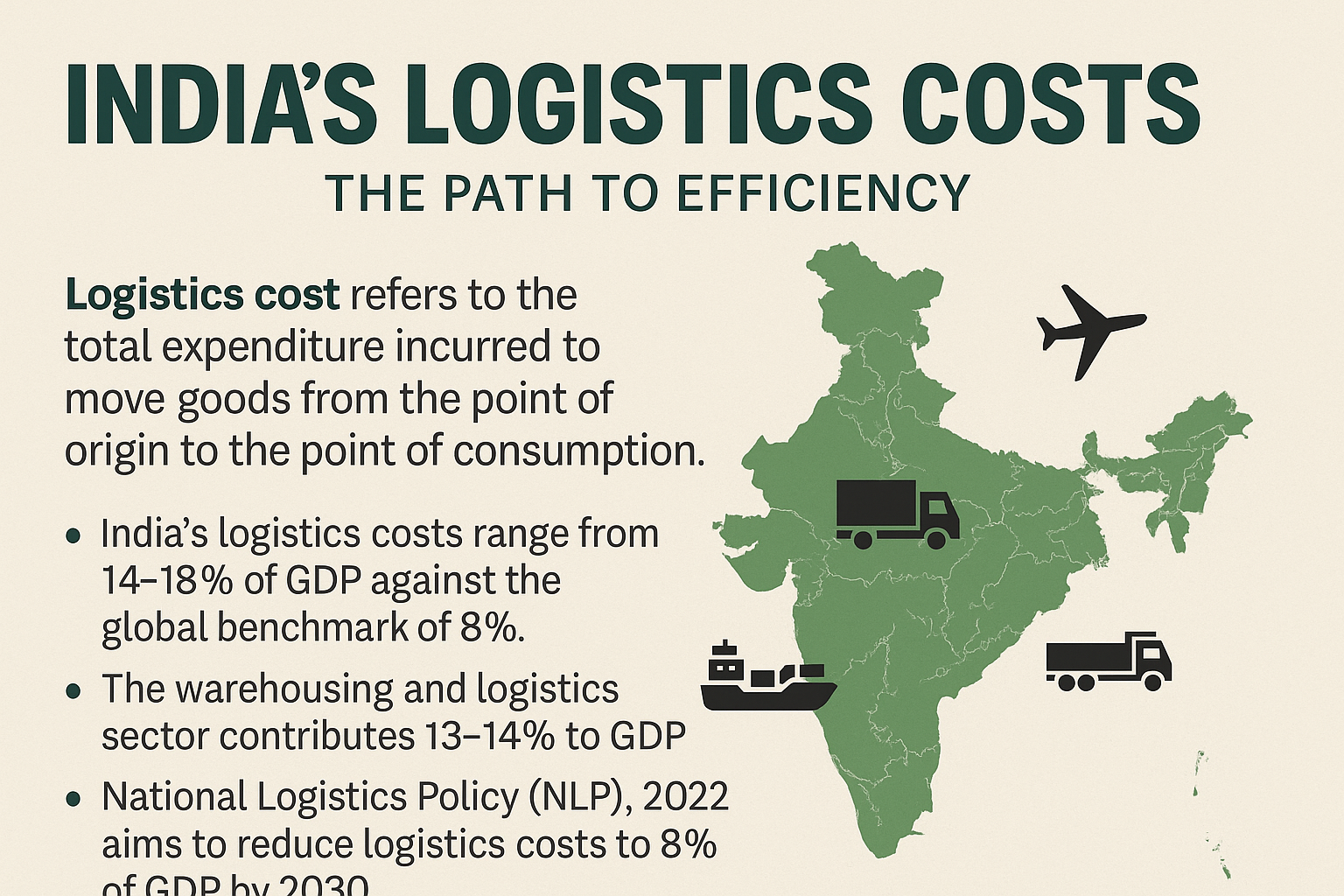233.
📉 Labour & Social Equity
🧾 ILO’s World Employment Outlook 2025 – Global Labour Gaps Persist Amid Slowing Growth
The International Labour Organisation (ILO) has released its World Employment and Social Outlook Report for 2025, revealing persistent challenges in the global labour market despite modest progress since the pandemic.
Geopolitical conflicts, climate costs, and mounting debt continue to hinder recovery, particularly in low-income countries and vulnerable communities.
🌐 The Global Jobs Gap – Still Deep, Still Unequal
- Total global jobs gap (2024): 402 million
- 186 million unemployed
- 137 million temporarily unavailable
- 79 million discouraged workers
- While the gap has narrowed since 2020, it is expected to stabilise, not significantly improve
Many workers are still out of the labour force, not just unemployed.
📊 Unemployment – A Stubborn 5%
- Global unemployment rate (2024): 5% (unchanged)
- Youth unemployment: 12.6%
- Much higher in low-income countries
- Informal work has returned to pre-pandemic levels, especially in developing economies
🚻 Labour Force Participation – Progress Uneven
- Falling rates in low-income countries
- Rising participation in high-income countries—especially among:
- Older workers
- Women
- Yet, gender gaps persist:
- Fewer job opportunities for women
- Disproportionate burden of unpaid work
🚫 NEET – Youth Exclusion on the Rise
NEET = Not in Education, Employment, or Training
- Rising among young men in low-income countries:
- +4 percentage points above pre-pandemic levels
- 2024 figures:
- 15.8 million young men
- 28.2 million young women
- Signals growing economic disconnection among youth
📉 Economic Growth Trends
- 2024 global growth: 3.2% (slowing)
- 2025 outlook: Similar, with a gradual medium-term deceleration
- Low-income countries at risk of lagging behind without support
💰 Wages and Inflation
- Inflation has cooled, but still affects real wages
- Wage recovery seen mostly in advanced economies
- Developing countries are still catching up after pandemic-era losses
🌱 Opportunities in Green and Digital Jobs
- Green jobs: 16.2 million in renewable energy alone
- Digital sectors offer high potential but remain unevenly distributed
- Barriers in low-income nations:
- Inadequate digital infrastructure
- Limited access to training
📌 ILO’s Key Recommendations
- Boost productivity through:
- Skills development
- Digital and vocational training
- Expand social protection nets
- Use private capital for public employment generation
- Encourage remittance investment in local economies
🕯️ Work is more than wages—it’s dignity, agency, and inclusion. The challenge is to make that universal.















